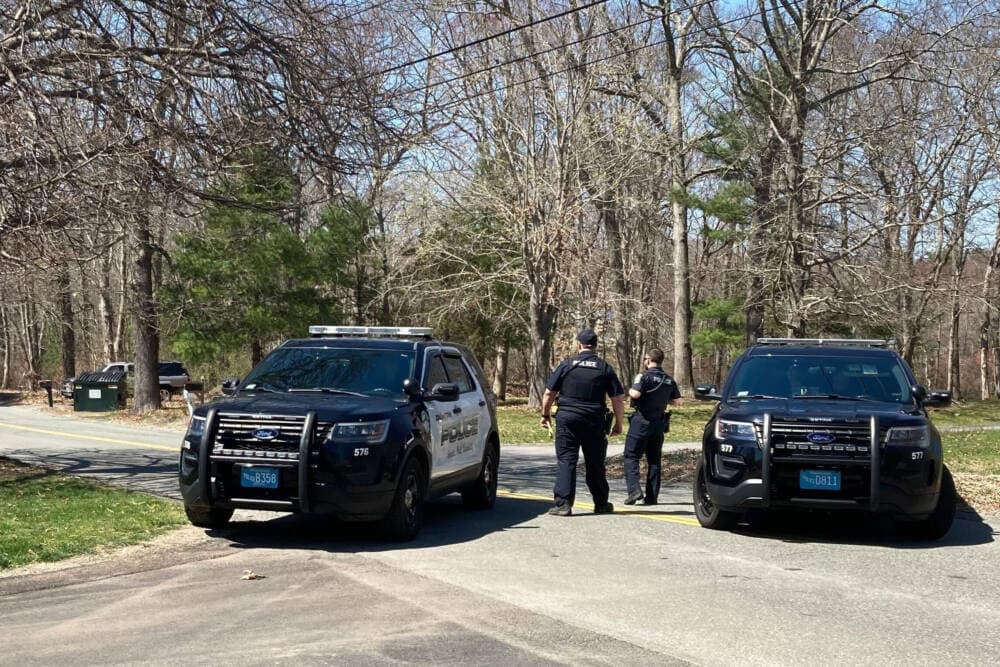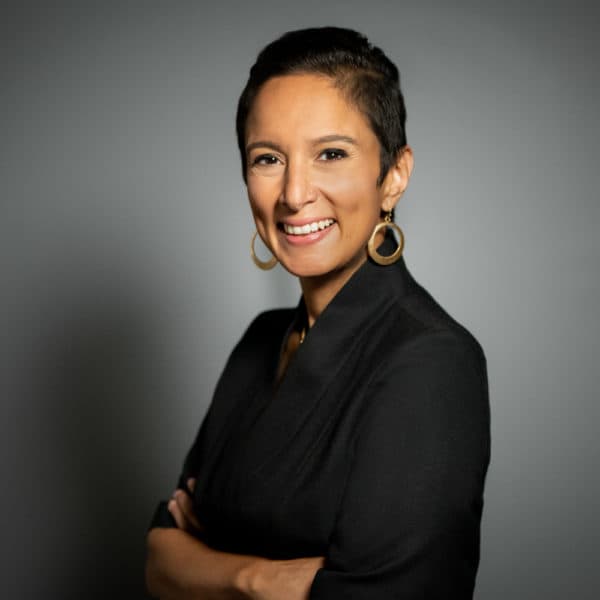Advertisement
How Teixeira, the accused intelligence leaker, got a gun permit after two denials

Jack Teixeira's top secret security clearance and military intelligence job gave him open access to some of the nation's best kept secrets.
It also appears to have given the 21-year-old something else: a leg up in finally getting a gun permit. Having that service on his resume likely put him over the top, says one police chief.
"If he had some problems in the military, they wouldn't give him top secret clearance," Leominster Police Chief Aaron Kennedy said. "The chief probably thought this guy was a rock star."
Years before he allegedly leaked classified government documents obtained through his job with the Massachusetts Air National Guard, a then-teenage Teixeira applied in 2018 for a firearms identification card from his local police department in Dighton, according to court documents.
But the police department denied him — twice — because of an incident when he was a sophomore at Dighton-Rehoboth Regional High School. Prosecutors wrote in a motion that he was suspended after a classmate overheard him making racial threats and talking about weapons, including Molotov cocktails. Teixeira later said it was a reference to a video game.
On his third try, though, Teixeira got his gun license. In a letter accompanying his application, he cited his military credentials.
"I hope this letter highlights that I have changed as a person from a sixteen year old in high school to a person with a military career in intelligence/cyber intelligence and a person that now has the national trust to safeguard classified information," he wrote.
Federal prosecutors say the letter and its platitudes are evidence of Teixeira's deceit.
"It shows the defendant uses what he has to gain what he wants," Assistant U.S. Attorney Nadine Pellegrini said during Teixeira's detention hearing Thursday in federal court.
Court documents show that authorities found an arsenal of weapons when they searched Teixeira's home two weeks ago, including handguns, rifles and ammunition.
Advertisement
But years before the alleged intelligence leak, the Dighton police chief had Teixeira's high school conduct and military service to weigh. Chief Kennedy in Leominster said he understands why Teixeira's permit was approved.
Kennedy said he'd probably have made the same call. He said he and many other chiefs would defer to what they presume are much more extensive background checks by the military.
"The guy obviously turned his life around and was doing great for himself," Kennedy said he'd have thought of Teixeira, "especially if the military's trusting him with all those clearances."
He added, "Obviously, if he had some problems in the military, they wouldn't give him top secret clearance."
Dighton's police chief and firearms officer did not return messages seeking comment.
Police chiefs in Massachusetts have the power to approve or deny permits if they deem applicants a risk to public safety. But even when chiefs say no, applicants can appeal, either to a district court judge or to the state's Firearms Licensing Review Board.
Attorney Jason Guida used to work for that board. He said even with Teixeira's juvenile past, it would be difficult for a court to deny him his gun rights, especially considering his military record.
"So it's understandable why the chief made the decision," he said.
Some chiefs, though, like Kennedy, are happy to kick the issue to the courts. He recalled a recent applicant who, as a teenager, got in trouble for having a "kill list." Kennedy denied the permit, knowing the matter could go to a judge.
"It's better off just to not approve it or suspend it and let it go through the appeal process, because then it'll be someone above me that's going to be making the decision," he said.
The chief said he was relieved when that applicant never showed up in court.
WBUR's Laney Ruckstuhl contributed to this report.
This segment aired on April 28, 2023.

